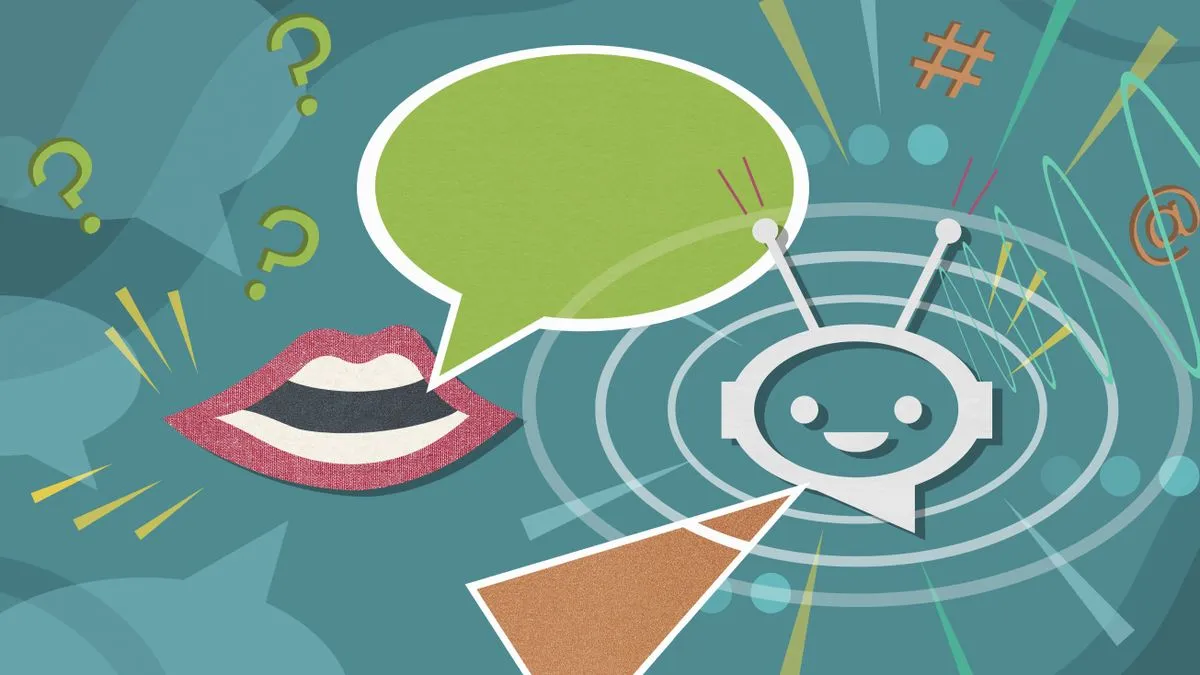Exploring the Impact of AI and Brain-Computer Interfaces on Language

The Future of Language: A Dystopian Perspective
As technology advances, the perception of language is undergoing a significant transformation. With innovations like artificial intelligence and brain-computer interfaces (BCI), our way of communicating is challenged. This article explores the insights from Philip Seargeant, author of 'Future of Language', regarding how these technologies could lead us towards a dystopian outcome.
The Role of AI in Language Evolution
Artificial intelligence is now playing a pivotal role in language processing. Tools like autocomplete not only streamline our communication but also begin to shape the content and meanings of our interactions.
BCI: Bridging the Gap or Creating Barriers?
As brain-computer interfaces become more prevalent, they open up possibilities for direct communication. However, this technology raises concerns about free speech and potential human interference. The implications for the social media landscape and our ability to communicate freely must be critically examined.
A Look at the Future Landscape
- The intertwining of AI with language could lead us towards a Tower of Babel scenario.
- Understanding and addressing the potential for fake news dissemination through AI channels is crucial.
- Insights from industry leaders like Elon Musk suggest a profound shift in how we engage and express ourselves.
It remains essential to ensure that communication evolves positively. By maintaining awareness of technological advancements and their impact, we can advocate for a more equitable future.
This article was prepared using information from open sources in accordance with the principles of Ethical Policy. The editorial team is not responsible for absolute accuracy, as it relies on data from the sources referenced.